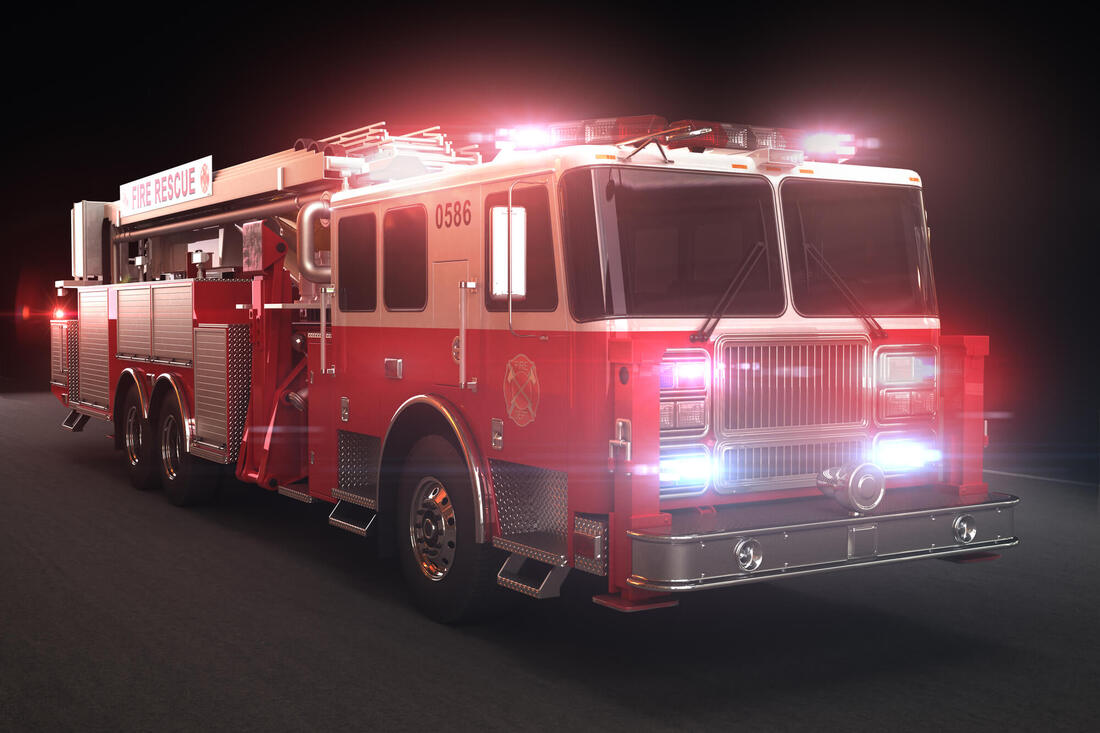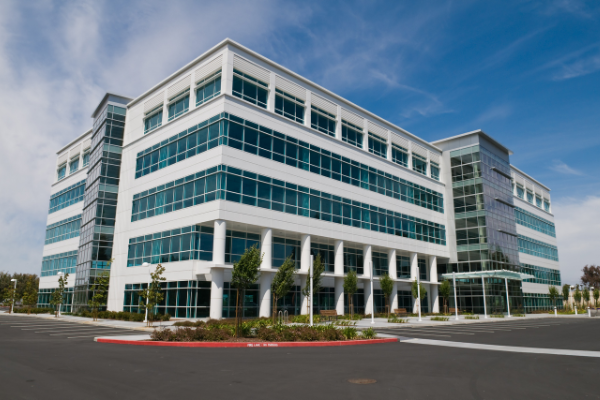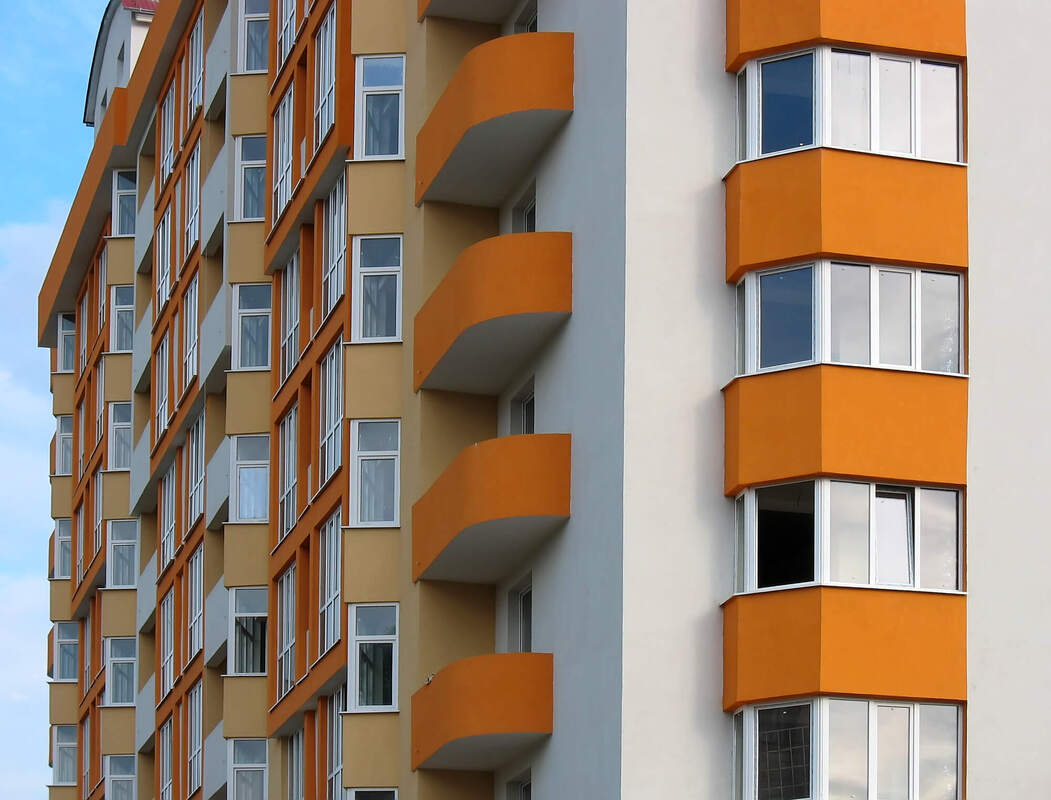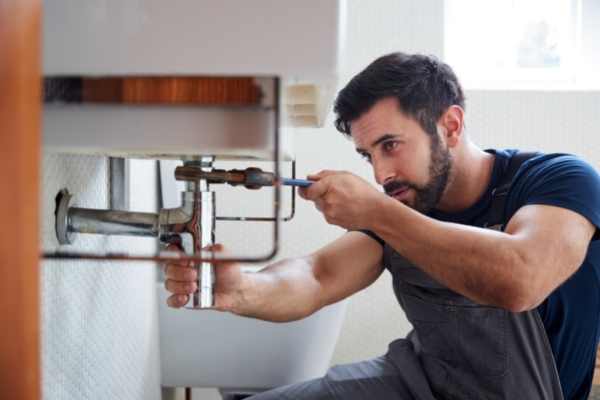|
There are more lightning strikes in Florida than anywhere else in the US. This puts our state at high risk for fires. If a fire has damaged your Florida property, you are going to need to file an insurance claim.
As South Florida public adjusters, it is our role to help you file your claim accurately, and get you covered and paid for everything you are entitled to receive under your policy. Below I will explain the likelihood that your policy covers fire damage, as well as explaining some of the steps you can take to prevent fire damage in the future. Does Homeowner’s Insurance Cover Fire Damage? It is always important to check your policy to see exactly what it covers. That said, a homeowners insurance policy typically covers fire damage. This includes fires started accidentally in your home, as well as fires caused by lightning and also wildlife fires. There are some exceptions to coverage, the biggest being if you started a fire in your home with the intent of causing damage to it. Acts of war are also not covered by insurance. The amount of coverage you can receive may be dictated by your dwelling limit and your personal property limit. How to Protect Your Home from Fire Damage The only thing better than receiving the proper claim payment for damage is not needing that payment in the first place. There are several steps you can take to mitigate the likelihood of fire damage:
Filing a Fire Insurance Claim with Your Insurance Company If your property has been damaged by a fire, you will need to file a claim with your insurance company. In this situation, a public adjuster can help you document all the damage and assist with the submission of the necessary information. On average, people who hire public adjusters get 500% more of a settlement on their claim. If your claim is underpaid, a public adjuster can assist and reopen your claim. If the insurance company remains unconvinced by the evidence and documentation submitted, most insurance policies allow for a dispute resolution such as appraisal. If needed during the appraisal process, an insurance umpire can help settle the dispute and find a fair resolution for both parties. Looking for a Public Adjuster in South Florida? You have come to the right place. At Reliant Insurance, we are committed to helping our clients understand their coverage and get you everything you are entitled to under your policy. We have decades of experience representing residential and commercial insurance claims. We also provide free insurance policy reviews. Please do not hesitate to contact us today. We are always happy to help.
0 Comments
Exterior Insulation and Finish System (EIFS) exclusions are common in commercial general liability policies and may prevent coverage in certain situations where EIFS’s are utilized in construction. It is important to be aware of these exclusions and understand how they can impact you and your property or business.
What are EIFS's? EIFS, or Exterior Insulation and Finish System, is an energy-efficient integrated exterior insulation and synthetic stucco system. In most cases, insulation board is bonded to the outer wall surface using a specially designed adhesive. A water-resistant base coat is then put on top of the insulation and a finish coat is applied on top of the finish coat. However, due to the lack of a built-in moisture management system, EIFS has become well-known in the building world as putting homes at risk for damage. The tendency of EIFS to trap water behind a building's walls has resulted in numerous insurance coverage disputes over the years. As a result, many insurers have included an EIFS exclusion in their commercial general liability policies, which excludes coverage for property damage caused by the use of EIFS in construction. How Common Are EIFS? EIFS has been commonly employed in commercial and residential construction for decades. EIFS has grown in popularity as a cost-effective way to insulate both residential and commercial construction projects. Furthermore, the material is extremely flexible, allowing for increased design flexibility. However, EIFS can be a significant source of loss and is not being used in modern construction as commonly as in the past. What is the Associated Risk? Many systems tend to trap moisture for a variety of reasons, including incorrect application or installation, material incompatibility, and failed or inadequate caulking. These weaknesses can cause:
Such events can necessitate large-scale reconstruction or complete replacement of elements of a structure. EIFS Exclusions Explained As a result of the overt risks, EIFS related damages may be excluded from commercial property insurance coverage. The most common exclusion language excludes coverage for losses involving the designing, making, preparing, selling, installing, distributing, maintaining, repairing, or adjusting of structures designed with EIFS, just to name a few. A loss involving a policyholder's product or work linked to EIFS may even be excluded from coverage. Finding an Insurance Adjuster to Help You Understand Your Commercial Insurance Policy EIFS Exclusion Getting in touch with a licensed insurance professional is an excellent first step if you need help understanding your commercial insurance policy, the EIFS exclusion or if you need to file a claim. Reliant Insurance Adjusters treat all our client’s property damage claims as if they were our own. While other firms may provide similar services, our honesty and integrity speak for themselves. We are committed to providing the professionalism, knowledge, and experience necessary to obtain the best possible settlement for your claim. Contact us for assistance today. As a public adjuster in Fort Lauderdale, we are here to help you get all the information you need to file a claim with your insurance company. Pre-loss inspections are one of the tools we use to help you get the proper results for your insurance claim.
If you are a condo owner, it is useful to understand when you should get a pre-loss inspection, and what exactly we look for during this service. How Pre-Loss Inspections Benefit Condo Owners Prepare for Hurricane Season As a property owner in Florida, you are likely aware of the trouble that hurricane season can cause. Having your unit inspected beforehand narrows the window of time during which damage to your property could have occurred. This is important because policies are specific about what they cover. If the insurance company believes your unit sustained damage due to a maintenance issue, your claim is less likely to be covered. A pre-loss inspection adds clarity and proof to your claim, which allows you to show that the damage was not present prior to the loss or damage occurring. Give You a Better Understanding of Your Insurance Coverage Even putting hurricane season aside, a pre-loss inspection can be very helpful. It gives you a deeper understanding of the condition of your property. More important, if there is an existing problem that is hidden and unknown to you, our pre-loss inspections give you the opportunity to repair it and protect your property from further damage. What to Expect from a Pre-Loss Inspection of a Condo Unit If you have a standard HO-6 policy, pre-loss inspection will document the condition of the interior of your property. The association owns the building and their insurance policy will provide coverage for the exterior of the property, therefore, the exterior would not be included in this type of report. Before we begin our inspection, we will explain what is and is not covered in your HO-6 policy. There are certain elements covered in the policy such as your wall coverings, cabinetry, tile, flooring etc. as well as appliances and personal belongings. We will then prepare a report. This documentation can include both photos and videos. Having this information will help you in the event you need to file a property damage insurance claim with your insurance company. If you do not want to file the claim yourself, or you need help with your insurance company, we are here for you. Looking for a Public Adjuster in Fort Lauderdale? At Reliant Insurance Adjusters, we are committed to making the insurance claims process as effective and simple for you as possible. We understand that it can be frustrating and difficult to document your damages and negotiate with your insurance company while you are going through repairs to your property. We have decades of experience handling insurance claims and providing public adjusting services to our clients. We specialize in residential and commercial insurance claims whether it is a new claim, underpaid or denied claim. We also provide free policy reviews. Contact us here if you have any questions. One of the most overwhelming things that can happen to a property owner is to be unprepared for potential property damage and to discover that the cause is not covered by their insurance policy.
Water damage caused by seepage is the leading cause of non-weather-related property owner’s insurance claims in the state of Florida. Because, water damage coverage has evolved dramatically over time, and insurance companies handle these claims differently, it is important to be familiar with your policy. Here are some helpful facts to guide you as you evaluate your coverage. Seepage Coverage Explained In the context of property insurance, seepage refers to water damage that develops over time as a result of a slow leak of water. Often times, this is discovered to be due to a broken pipe in a wall or floor. Seepage may not seem like a huge issue, as compared to flooding or other natural disasters, but a slow leak over time can create significant damage that may be difficult to remediate. What is not covered? You should educate yourself on the risks of water damage to your property and understand the different categories of damage. For example, a leaky pipe or other damage caused by a lack of maintenance is not covered in your property insurance policy. Insurance companies consider seepage to be the result of a lack of maintenance rather than a sudden and accidental event. A simple definition to remember is … damage due to lack of maintenance, neglect or wear and tear, as well as flood-related damage, are not covered by your property insurance policy. What is covered? Water damage caused from a leak within your property is covered such as a sudden and unintentional discharge from a broken pipe, accidental overflow, air conditioner leak, or water damage caused from a windstorm or hurricane. Water Damage Risk Most seepage risk can be avoided with regular property care and routine checks of the plumbing and HVAC system and keep an eye on your entire property for damp spots on walls or flooring. Early detection of a broken or leaking pipe can help to limit the extent of the damage. You may not even need to file a property damage insurance claim if you identify these minor problems right away. If you have a leak and it is hidden and unknown but continues for days, weeks or even months, and you sustain significant damage to your property, the damage may or may not be covered. Some policies have wording that excludes damage that is unknown whether it is hidden or not. What to Do if You Discover Water Damage If you discover water damage, it is important to stop the leak and prevent your property from further damage. There is a difference between flood and water damage. Flood water enters the property from the exterior inward, where water damage originates from within the property. You should review and understand your insurance coverage to verify that your property is properly insured. You can also schedule a free consultation with Reliant Insurance Adjusters to walk you through your policy and coverage. If your property has sustained damage, or your insurance claim has been underpaid or denied, call us today. We are experienced, licensed, and bonded public adjusters who work for you, not the insurance company. We are here to help. Call us at (561) 288-6434 or contact us here. |
AuthorKaren Schiffmiller Archives
July 2024
Categories |








